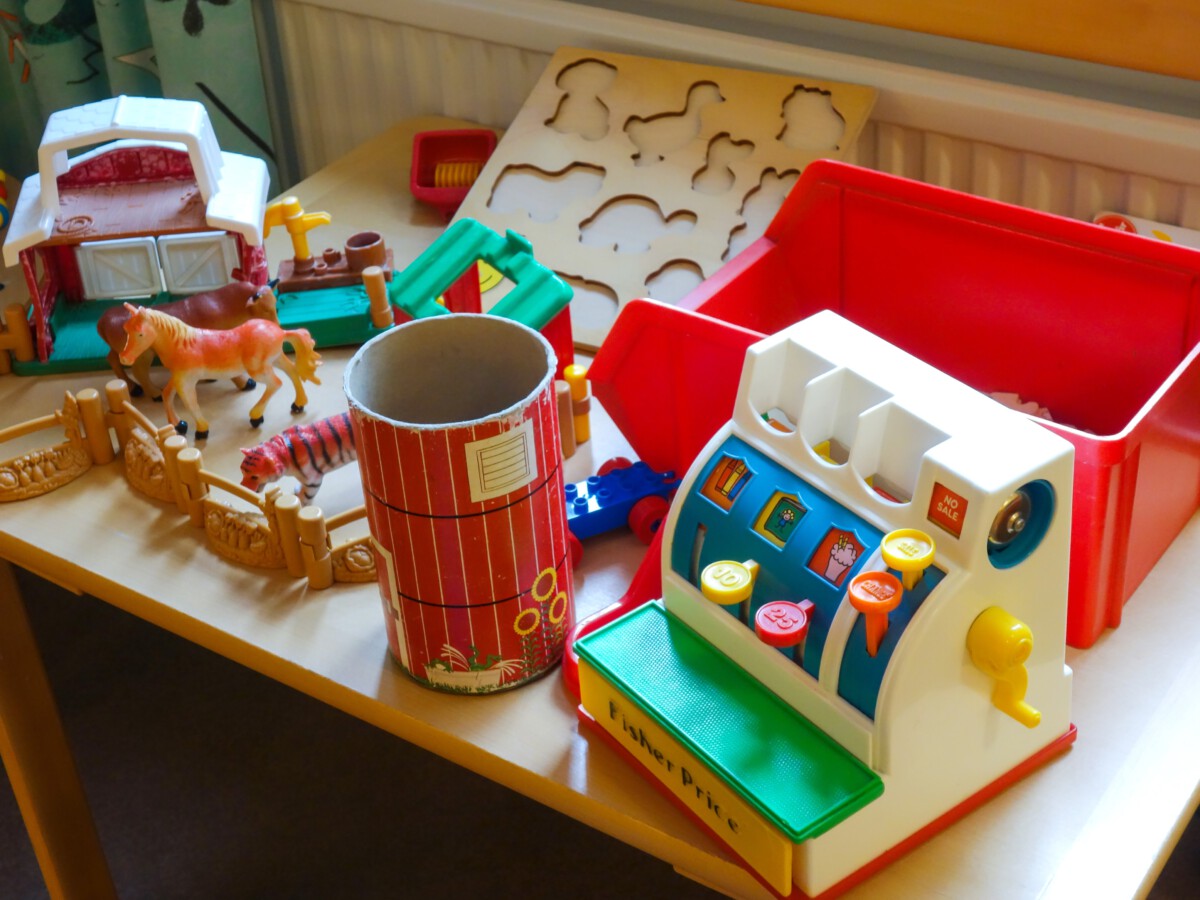The world of tariffs might seem distant and irrelevant to many, but their effects can ripple through the economy and land right on your doorstep. What if I told you that a change in tariffs could make your weekly grocery bill skyrocket or even increase the cost of your favorite gadgets? Tariffs, essentially taxes on imported goods, can have surprising impacts on everyday expenses. Let’s explore the top 10 ways tariffs could increase household expenses across the nation.
Increased Grocery Bills

One of the most direct ways tariffs can affect you is through your grocery bill. Many of the goods we consume daily, like fruits, vegetables, and meats, are imported. When tariffs are placed on these goods, importers often pass these costs onto consumers. Imagine going to the store and finding that your favorite imported cheese or fruit costs significantly more than usual. This isn’t just a hypothetical scenario; it happens when tariffs are imposed on agricultural products. The result? Your weekly grocery budget might need a serious reevaluation.
Higher Prices on Electronics

In today’s digital age, electronics play a crucial role in our lives. From smartphones to laptops, many of these devices are manufactured overseas. When tariffs increase on electronic imports, companies may raise prices to maintain their profit margins. This means that upgrading your phone or buying a new laptop could become a costlier affair. If you’re someone who loves the latest tech gadgets, tariffs could mean reconsidering your spending habits or delaying purchases.
Clothing Costs Could Rise

The fashion industry is another sector heavily reliant on imports. Many garments and textiles are manufactured in countries with lower production costs. Tariffs on these imports can lead to higher prices at your favorite clothing stores. That summer dress you had your eye on or the winter coat you need might suddenly be out of your budget. Consumers might find themselves opting for fewer purchases or seeking out second-hand options to save money.
Automobile Expenses

Thinking of buying a new car? Tariffs on automobile imports can significantly impact vehicle prices. Many car parts and even entire vehicles are imported. When tariffs are applied, the cost of these imports can rise, leading to higher prices for consumers. Even if you’re not buying a new car, tariffs can affect the cost of repairs and maintenance, as many parts are sourced from abroad. This means that owning and maintaining a vehicle could become a more expensive endeavor.
Impact on Home Appliances

Home appliances like refrigerators, washing machines, and microwaves are often imported or made with imported components. Tariffs on these goods can lead to increased prices, making it more expensive to replace or upgrade your appliances. Imagine your washing machine breaks down, and you’re faced with a choice: pay a higher price for a new one or make do with what you have. These kinds of decisions become more common when tariffs affect the cost of household essentials.
Furniture and Home Goods

Your living room furniture or that new dining table you’ve been eyeing might also be affected by tariffs. Many furniture pieces are imported, and tariffs on these goods can lead to higher prices in stores. This means that redecorating your home or buying new furniture could require a larger budget than anticipated. Consumers might find themselves prioritizing essential purchases over aesthetic upgrades, altering how they approach home decoration.
Energy Costs

Tariffs on imported energy sources, such as oil and gas, can lead to increased utility bills. When the cost of importing energy rises, these expenses are often passed on to consumers. This means higher heating bills in the winter or elevated electricity costs during the summer months. Households might need to adjust their energy consumption habits or explore alternative energy options to manage these increased expenses.
Increased Costs for Toys and Games

If you have children, tariffs on imported toys could mean spending more on birthdays and holidays. Many toys and games are manufactured overseas, and tariffs can lead to higher prices in stores. Parents might find themselves budgeting more for their children’s playtime or seeking out domestic alternatives. This can impact family traditions and the types of gifts children receive.
Rising Costs in the Healthcare Sector

While it might not be immediately apparent, tariffs can also affect healthcare costs. Many medical devices and pharmaceutical ingredients are imported. Tariffs on these goods can lead to higher prices for treatments and medications. This can affect everything from the cost of a routine doctor’s visit to the price of life-saving medications. Households might face increased out-of-pocket expenses for healthcare, impacting their overall financial well-being.
Building and Renovation Expenses

Planning a home renovation or construction project? Tariffs on imported building materials, such as steel and lumber, can lead to increased costs. This means that your dream kitchen remodel or new home construction could become significantly more expensive. Homeowners might need to scale back their plans or delay projects until costs stabilize. This ripple effect can impact the housing market and the overall economy.
In conclusion, tariffs might seem like an abstract concept, but their effects are anything but. They can touch every aspect of daily life, from the food we eat to the clothes we wear, and even the homes we live in. As these costs add up, households across the nation might find themselves reevaluating their budgets and spending habits. How might you prepare for these potential changes, and what steps can you take to protect your household from unforeseen expenses?





